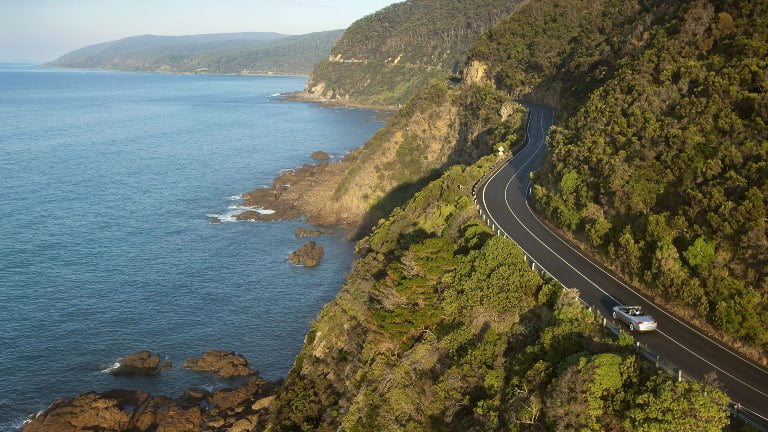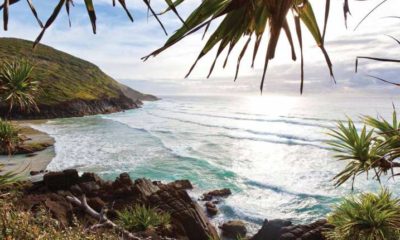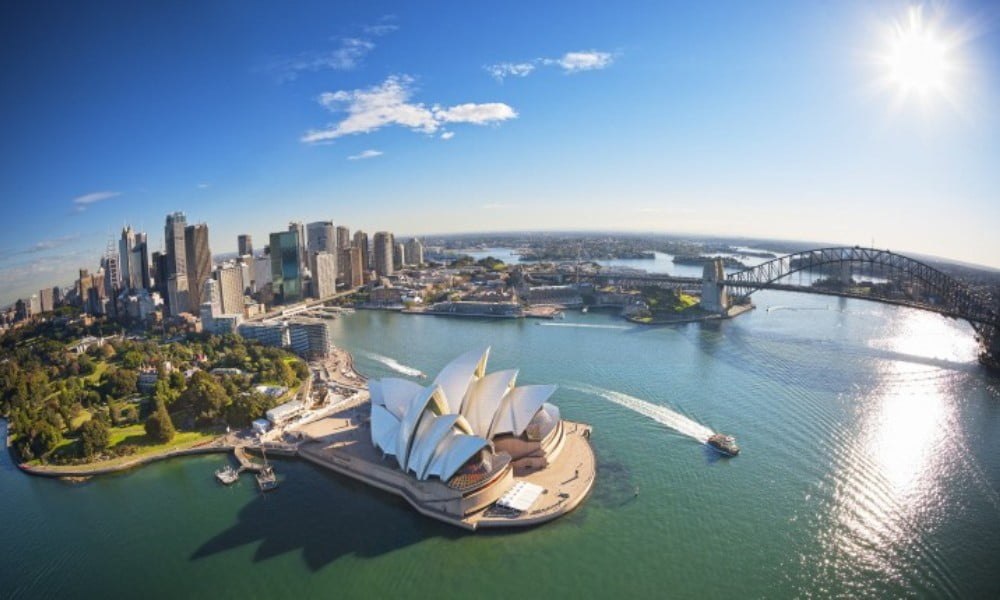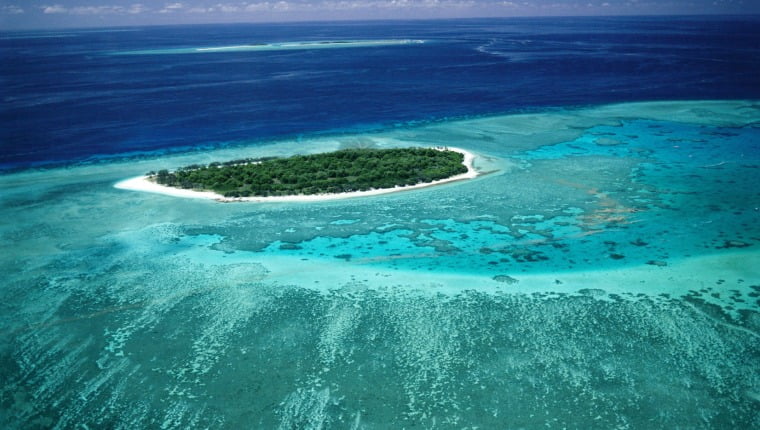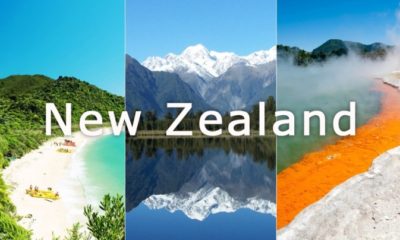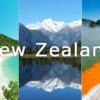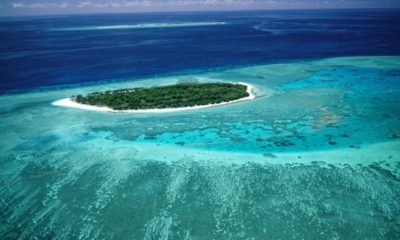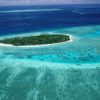Australasia & Oceania
Backpacking Fiji Need To Know
Basics
Language:
Capital:
Currency:
|
Dial Code:
International Access Code:
Emergency Services Number:
Time Difference:
|
Entry
Citizens of most countries (including all EU countries, The US, Canada, Australia and New Zealand) do not need a visa and are granted visitor permits, valid for 4 months, on arrival.
Your passport should be valid for a minimum period of 6 months from the date of entry into Fiji.
Yellow fever vaccination is required for travellers arriving from countries with risk of yellow fever transmission.
For official information visit your home government travel bureau.
Getting Around
Fiji has a variety of public transport options, including buses, “share taxis”, and private taxis. Taxis are of variable quality, so only use licensed taxis; they have a yellow registration plate.
Bicycles and motorbikes are a very popular methods of getting around Fiji’s larger islands; both can be rented easily, but you will need a license to drive a motorbike.
For inter-island travel there are many ferry and cruise operators.
Read more about Getting Around When You Get There
Accommodation
Fiji has a wide variety of hostels on the major islands.
The average price of a hostel is FJ$15-50 (£5-£16) a night. Hotels and other forms of accommodation are available at mid-range prices.
All hostels in Fiji will provide linen and bathroom facilities. Usually there will be internet facilities as well as common and laundry rooms.
Read more about Accommodation When You Get There and Living in Hostels
Food And Health
The standard of food safety and hygiene is good, and there are many places to eat out cheaply.
Water is generally safe to drink from all kitchen taps in Fiji, unless stated. If in doubt, stick to bottled water.
Health care facilities are adequate for routine medical treatment, but are limited in range and availability. Doctors and hospitals often expect immediate cash payment for health services. Make sure you have accessible funds and arrange comprehensive medical insurance before you travel.
Always contact your GP around 8 weeks before your trip to check whether you need any vaccinations or other preventive measures. Visit here for Recommended Vaccinations and read here for more about Travelling Health In General
Weather & Time To Go
Fiji has a tropical climate, meaning its hot year-round, with wet and dry seasons. The tropical cyclone season in Fiji normally runs from November to April, so it is best not to visit at this time of year.
Communications
Internet, wifi and mobile phones generally works well in cities and large towns but coverage in some rural areas and outlying islands can be limited or non-existent.
Dangers And Considerations
Crime levels in Fiji are low, but take sensible precautions to avoid mugging, bag snatching and pick pocketing.
Many visitors to Fiji are naive to crime, thinking it can’t happen in a tropical paradise, but it can and does happen. Take care when walking at night in cities and towns and when visiting isolated areas. Women travelling alone should take extra care.
There are dangerous rip tides along reefs and river estuaries. Always comply with warning signs, especially red flags, and only swim from approved beaches.
Follow local advice if jellyfish are present.
Possession of any amount of marijuana carries a mandatory 3 month prison sentence.
If you are invited to take part in a kava drinking ceremony, you should be aware of the associated risk of liver toxicity.
Dangers constantly change. Always check with your foreign office (British Foreign Office webpage) or travel advice bureau for the latest information regarding your destinations safety.
Read more about Safety And Security here
Respecting Culture
Fijian culture encourages sharing and sometimes small things will be “borrowed”, so be wary of leaving things like flip-flops lying about.
Fiji has a strong moral society, dress modestly and appropriately; beach-wear should be confined to the beach only.
Topless bathing and nudity in public is forbidden.
Homosexuality was only decriminalised in February 2010, so gay and lesbian travellers should be aware of local sensitivities, particularly when visiting rural communities.


